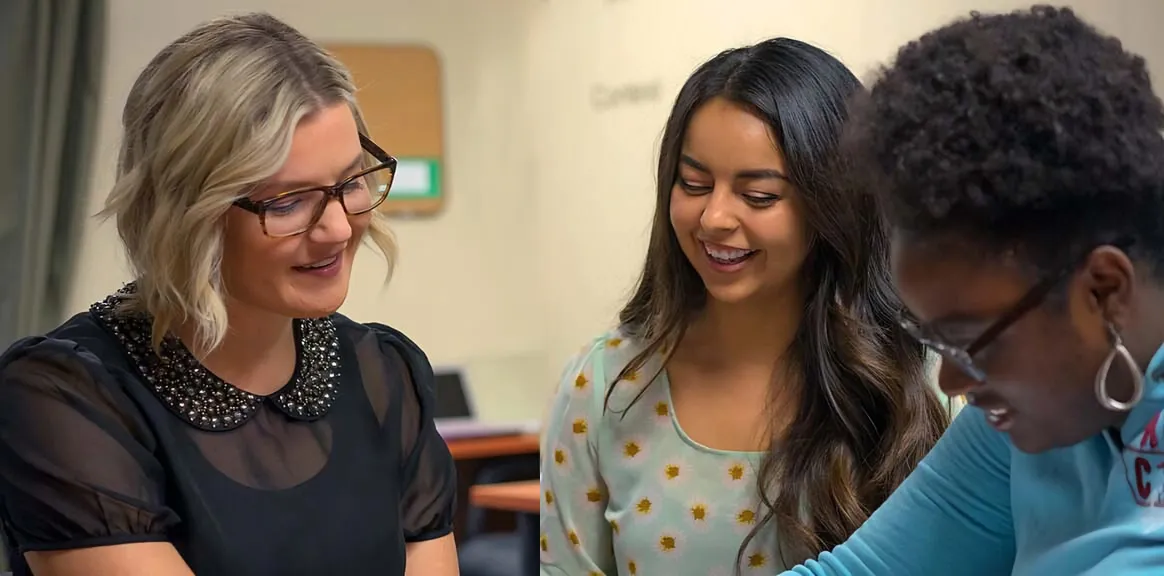- Home
- >
- APU Articles
- >
- News Article
Comparing Helping Professions: Marriage and Family Therapy, Social Work, and School Psychology
December 03, 2021 | Written By Heather Nelson

Helping professions emphasize meeting others’ needs and using your skills to help them flourish. When it comes to choosing the right helping profession, it’s important to know the differences between each field and why you may be more drawn to one area over another. Here’s what to know if you’re interested in pursuing a career in marriage and family therapy, social work, or school psychology.
Marriage and Family Therapy
Marriage and Family Therapists (MFTs) work to bring healing to personal relationships. Though MFTs are often recognized for the “marriage” aspect of their title, these professionals also work with children, teens, and families. MFTs can work in private practice settings, community center clinics, outpatient treatment programs, and substance abuse programs, to name a few.
According to Vicki Ewing, MA, LMFT, chair of the Department of Marriage and Family Therapy at APU, students with strong interpersonal and communication skills should feel confident pursuing a degree in marriage and family therapy.
“While undergraduate work in psychology, human development, child development, human services, and social work have coursework related to the scope of an MFT’s practice, these aren’t required to be successful in the field,” said Ewing. “The desire to heal, give back, or to serve others plays a much more important role.”
Social Work
Students who are drawn to social work often share a common set of values, noted Mary Rawlings, PhD, LCSW, chair of the Department of Social Work at APU. Rawlings shared that she sees in social work students, “a desire to serve others, a commitment to advancing social justice, a valuing of the worth and dignity of all people, and a view that human relationships are important to human flourishing.”
In social work, the focus is on both the personal and social context of individual and community needs. Social workers provide counseling and behavioral health services; work directly with children, adults, and families; and work in agencies such as nonprofit organizations or government health and human services departments.
Whether you want to bring change through direct services or a community or organization, a career in social work can help you accomplish your goals.
School Psychology
School psychology takes the shared values of MFTs and social workers and weaves them into the academic setting.
“School psychology students are natural caretakers,” said Michael Salce, EdD, LEP, director of the School Psychology program at APU. “[They] seek the collaboration of others within the school community to help all students grow emotionally and socially.”
Unlike school counselors, who provide academic and vocational guidance, school psychologists’ work is specific to learning and ensuring all students have access in the classroom. Through administering psychological assessments, school psychologists determine if students have any emotional or learning disabilities that could impede their education.
In addition to a desire to serve and care for others, Salce noted that, “a school psychologist’s goal is to help students access learning, and is first and foremost concerned with the work of helping students learn.” He emphasized that pursuing a degree in school psychology could be the best route for individuals who are interested in the learning process and all the factors that can affect it.
Curious to learn more about starting a career in one of these helping professions? Explore Azusa Pacific University’s website to learn more about the school’s Marriage and Family Therapy program, Master of Social Work program, or School Psychology program.
Whichever path you choose, you’ll find a rewarding career where you can help those in need and make a difference.